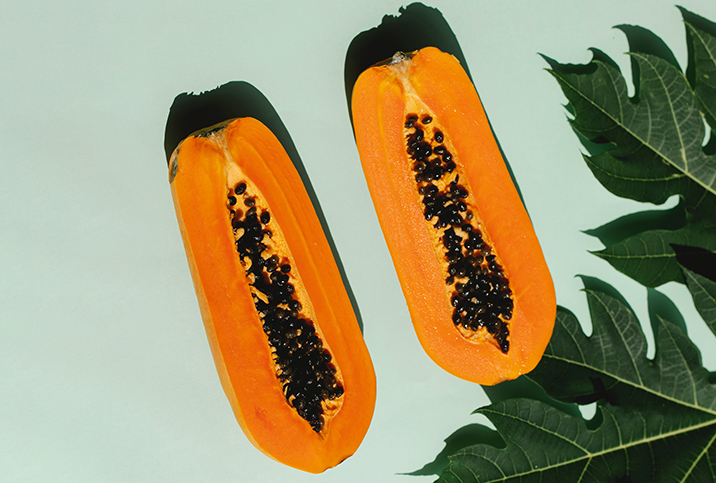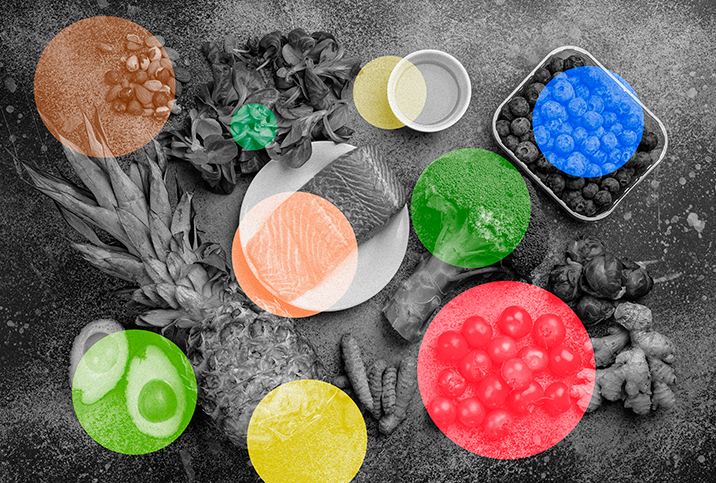Common Compounds Can Help Treat Diabetes-Related ED

As one of the most common symptoms in men with diabetes, erectile dysfunction (ED) is also one of the toughest to treat.
"If you look at all men with type 2 diabetes, they're twice as likely to have ED compared to those who aren't diabetic," said Mark Schutta, M.D., the medical director at the University of Pennsylvania's Rodebaugh Diabetes Center.
More than 50 percent of men with diabetes will experience some form of ED, largely brought on by the damage diabetes causes to blood vessels and nerves that control erections, along with hyperglycemic blood-flow issues.
Dietary changes can make a difference
With the likelihood so high, how can a man suffering from diabetes help offset potential ED? For starters, look at two powerful compounds: flavonoids and lycopene.
"Elevated sugar levels can interfere with nitric oxide, a specific molecule that plays a role in the relaxation of blood vessels and increased blood flow to certain areas," said Caitlin Policastro, a nurse practitioner at the New York Center for Innovative Medicine. "Flavonoids are one way to help the body create more nitric oxide."
In short, flavonoids are a secondary metabolite found in plants and have a plethora of positive benefits, such as regulating blood pressure and fighting off free radicals, which are unstable molecules. They can also assist with endothelial function, thus helping to prevent cardiovascular disease and ED. The endothelium is a thin membrane that lines the inside of the heart and blood vessels. Flavonoids are found in such foods as dark chocolate, kale, onions, berries, cabbage and "good quality" red wine, Policastro said.
Lycopene is widely known as a key nutrient in tomatoes and other red fruits and vegetables. While research isn't conclusive about exactly how lycopene helps the body, some studies indicate the pigment is beneficial to the vascular system. A 2020 Antioxidants journal review suggested significant anti-inflammatory and antidiabetic potential, along with a host of other benefits. "Regarding animal studies and epidemiological surveys, it can be used for both the prevention and treatment of diabetes," the study authors wrote. Given that more than 30 million people have diabetes in the United States alone, these findings are encouraging.
Adding more of both with a Mediterranean-style diet
The most effective way to get more flavonoids and lycopene into your system is to adopt a Mediterranean-style diet.
"We basically recommend a Mediterranean-style diet as often as possible to help prevent excursions in blood sugar," Schutta said.
Rich in fruits, vegetables, clean proteins and unsaturated fats, the diet promotes a variety of heart-healthy functions, which can lead to improved erectile function.
Janis Roszler, Ph.D., a diabetes and sexual health expert based in Miami, Florida, pointed to research suggesting the anti-inflammatory and nerve-improving effects of the dietary switch.
"It's one I've recommended for a long time," she said.
In short, flavonoids are a secondary metabolite found in plants and have a plethora of positive benefits, such as regulating blood pressure and fighting off free radicals, which are unstable molecules.
For example, a 2017 analysis in the journal Endocrine cited studies indicating a Mediterranean diet switch for people with type 2 diabetes was associated with a 28 percent to 30 percent reduced risk for cardiovascular events, potentially improving insulin sensitivity in peripheral bodily tissues and endothelial function at the vascular level.
Further, a 2016 study in the Journal of Diabetes and its Complications found a Mediterranean-style diet can reduce sexual-function deterioration associated with type 2 diabetes.
However, Roszler noted it's important to ensure any diet choices remain balanced and are undertaken with the guidance of a medical and nutritional care team.
Above all, adding more flavonoids and lycopene can help improve the vascular system throughout the body, leading to improved erectile and sexual function.
"This [dietary choice] can be very beneficial for those with ED," Roszler said. "For those with diabetes-related sexual complications, this could be a critical piece."


















